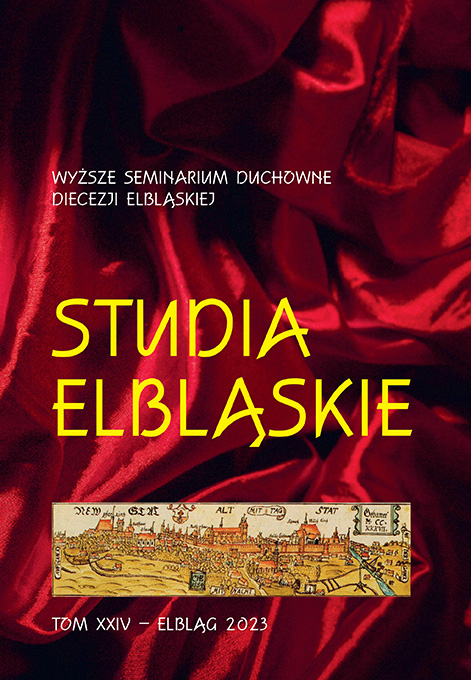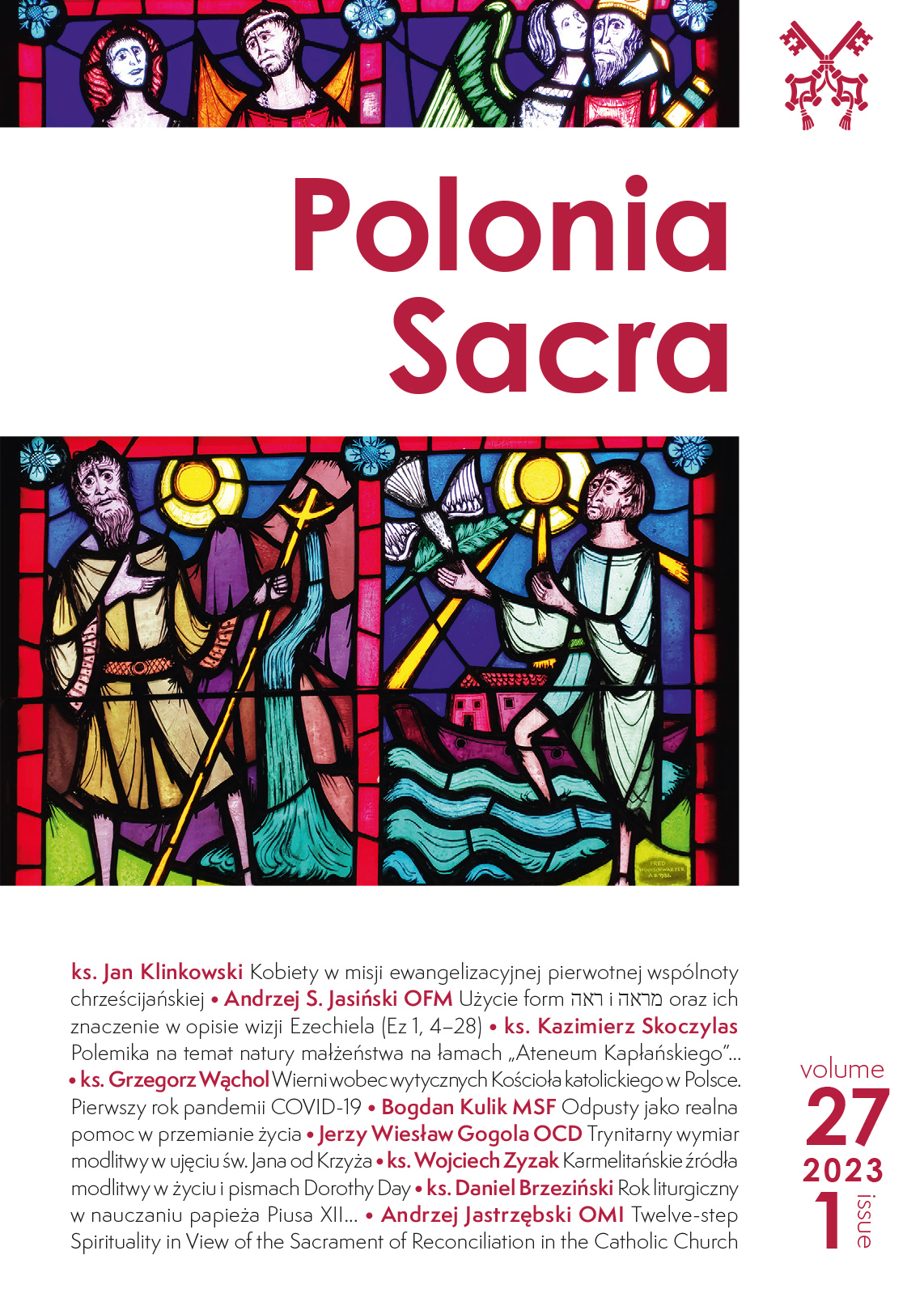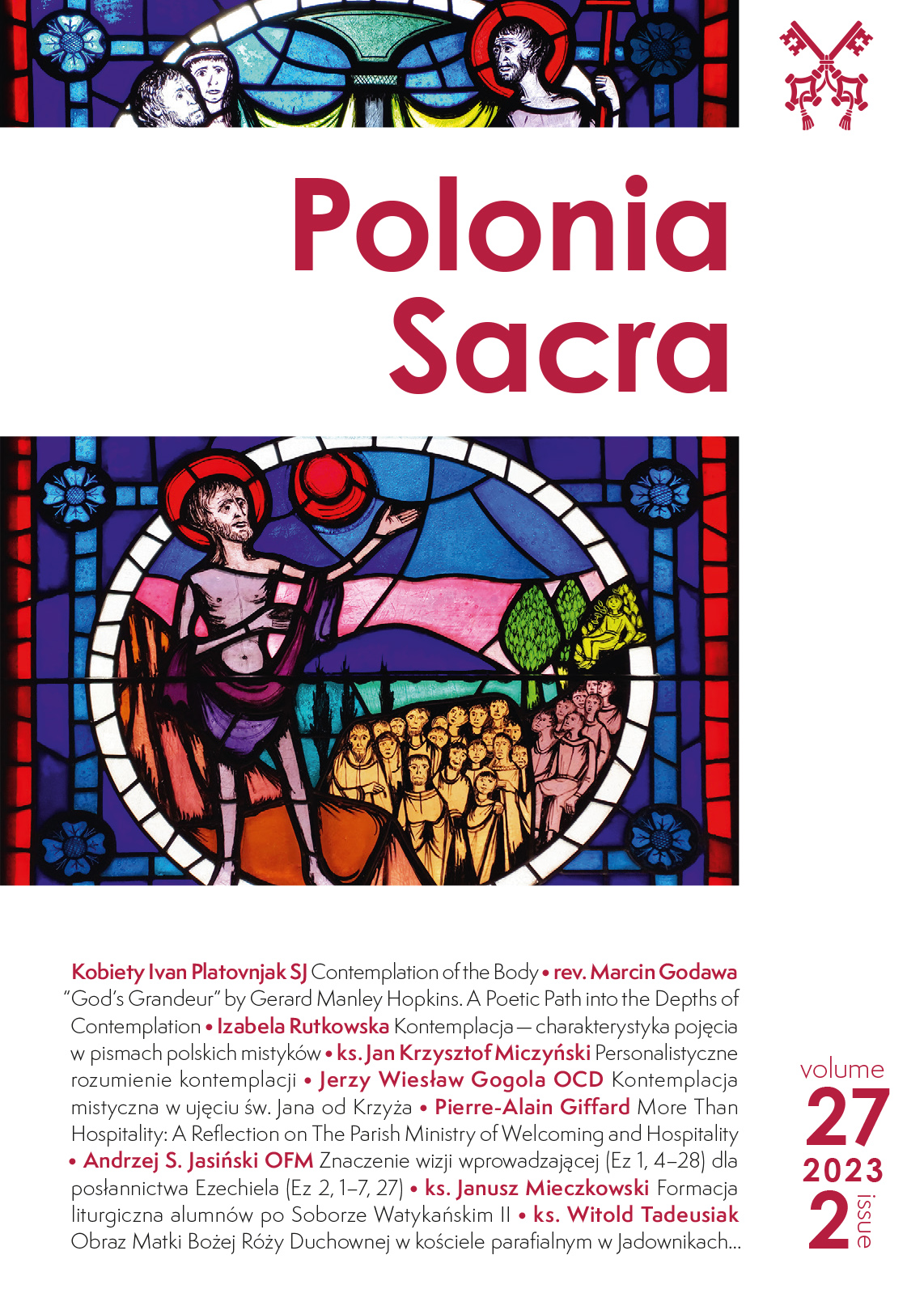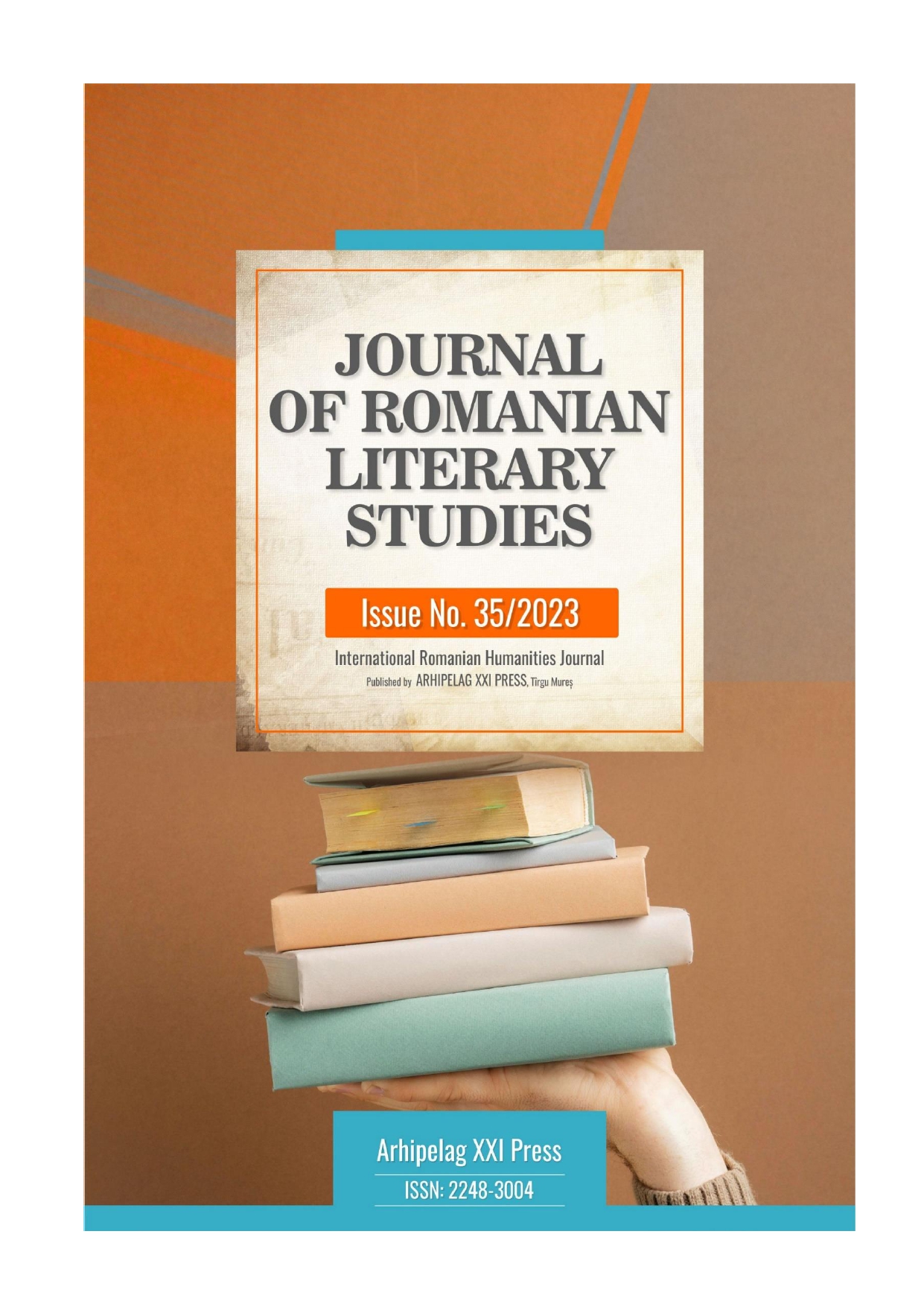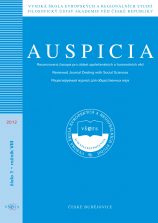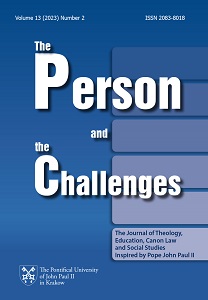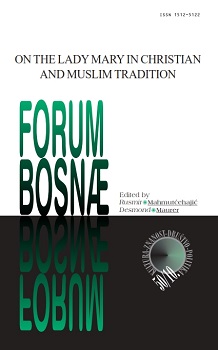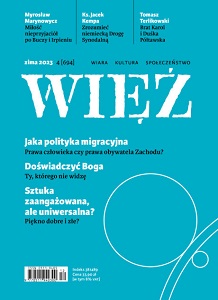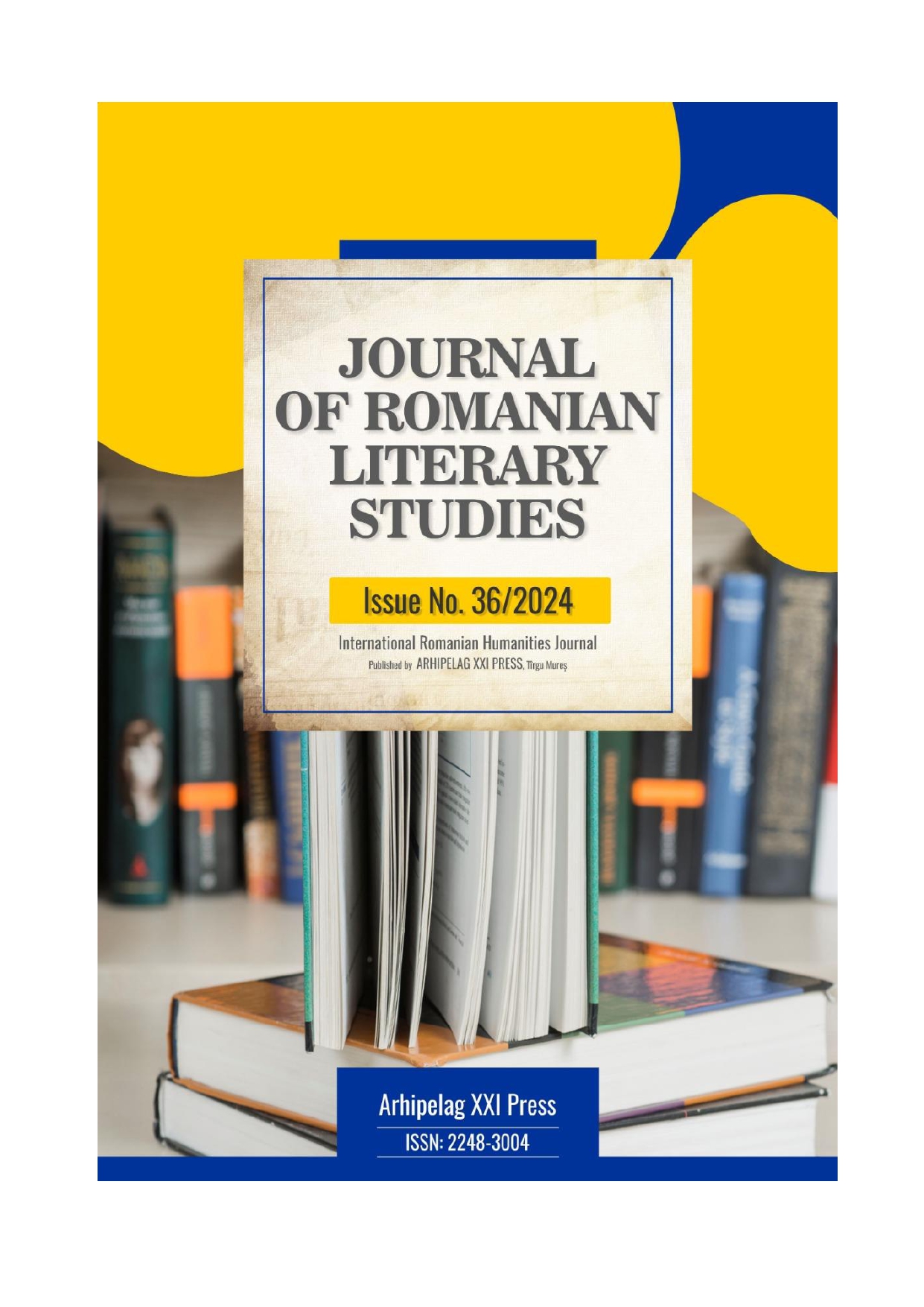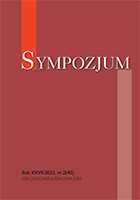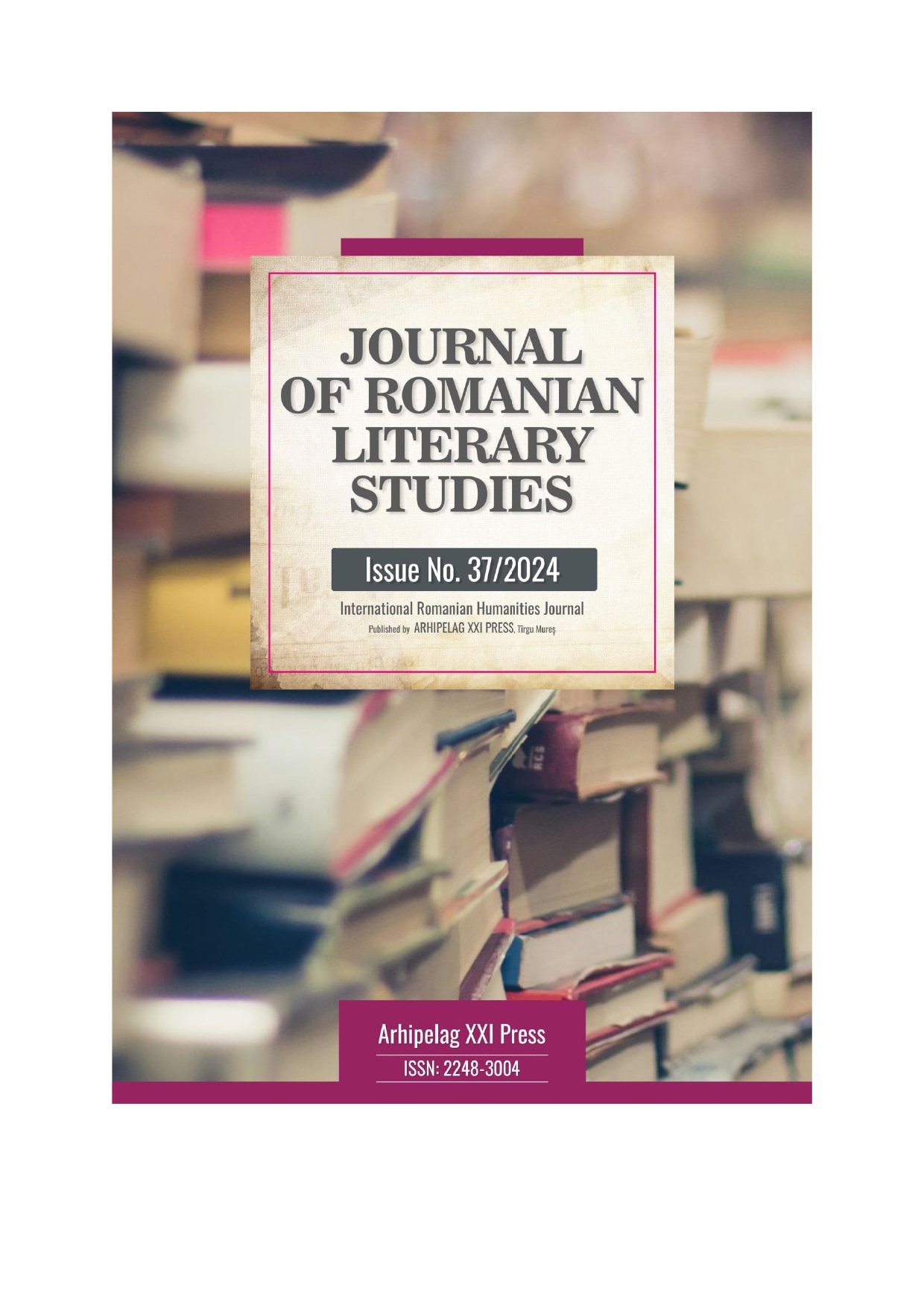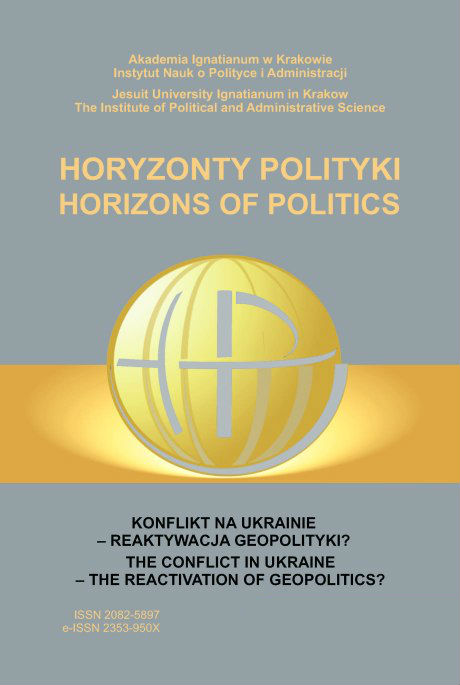
El personalismo de Karol Wojtyla: persona, prójimo, comunidad, sociedad
PROPÓSITO CIENTÍFICO: Este texto presenta una visión sintética del personalismo de Karol Wojtyla/ Juan Pablo II poniendo especial énfasis en los aspectos sociopolíticos.PROBLEMA Y MÉTODOS DE INVESTIGACIÓN: La posición teórica de Karol Wojtyla/Juan Pablo II no es sencilla de establecer porque sufrió una evolución intelectual importante que, si no se tiene en cuenta, puede llevar a conclusiones erróneas sobre su pensamiento. Por ello, seguiremos un itinerario cronológico mostrando cómo a partir de sus influencias intelectuales originales, el tomismo y la fenomenología, elaboró progresivamente su propuesta original e integradora de filosofía personalista.PROCESO DE ARGUMENTACIÓN: Establecidos estos principios se muestran los rasgos principales de su propuesta personalista: 1) su contribución a la renovación de la ética a través de la denominada escuela ética de Lublin; 2) su elaboración de una original perspectiva sobre la ética sexual en Amor y responsabilidad; 3) algunas claves antropológicas de su obra maestra Persona y acción. Y, 4) sus propuestas en el ámbito sociopolítico, que se presentan a través de cuatro perspectivas: la participación como construcción de la persona en la acción social; su peculiar teorización de la relación persona‑sociedad; su propuesto sobre el bien común y los sistemas prójimo y comunidad.RESULTADOS DEL ANÁLISIS CIENTÍFICO: El análisis muestra que Karol Wojtyla ha sido capaz de desarrollar un personalismo original y potente a partir de sus premisas tomistas y fenomenológicas. Y, basado en esa original filosofía ha desarrollado también una perspectiva socio‑política original. Esta perspectiva es visible, entre otros aspectos, en su concepto de participación, la noción de bien común construida mediante la inclusión de una dimensión subjetiva; la tesis según la cual colectivismos e individualismos comparten la misma antropología y la primacía que otorga al sistema prójimo sobre el sistema comunidad en la estructuración de las relaciones sociales.CONCLUSIONES, INNOVACIONES, RECOMENDACIONES: Estos rasgos originales han sido estudiados en algunas investigaciones como las de Sánchez (2015) y Lozano (2016), pero todavía está pendiente un estudio en profundidad de esta aspecto de su pensamiento.
More...
